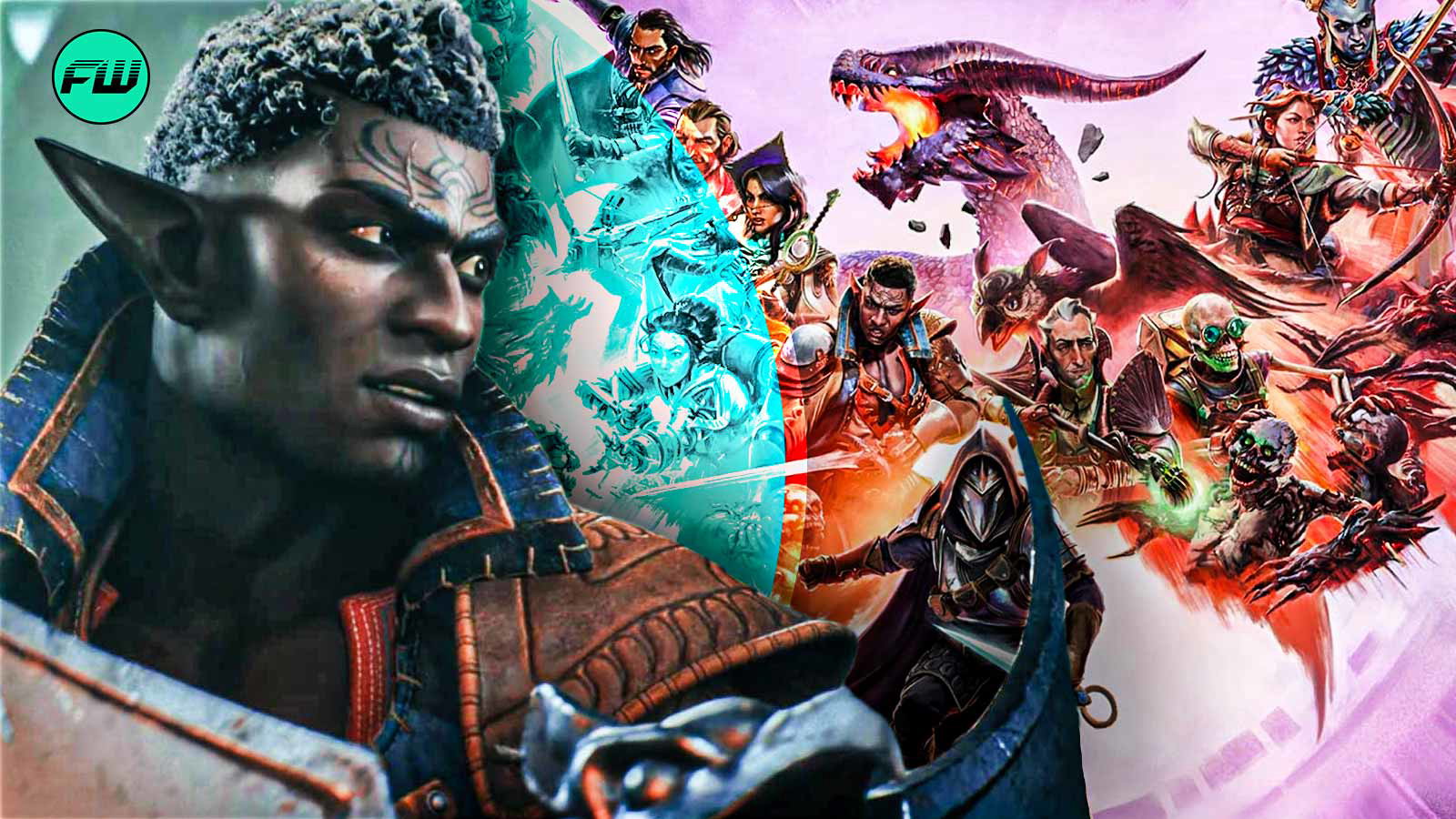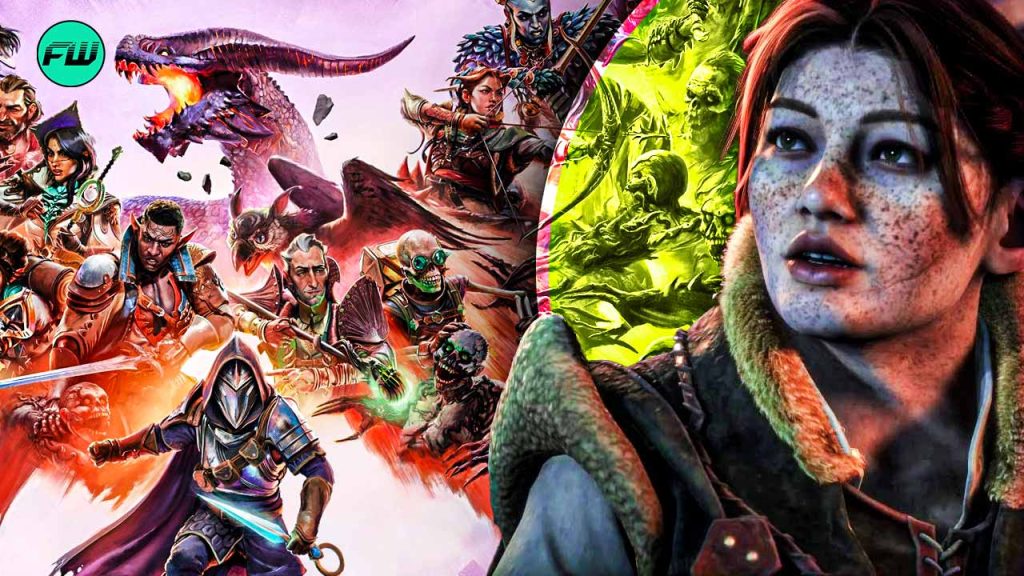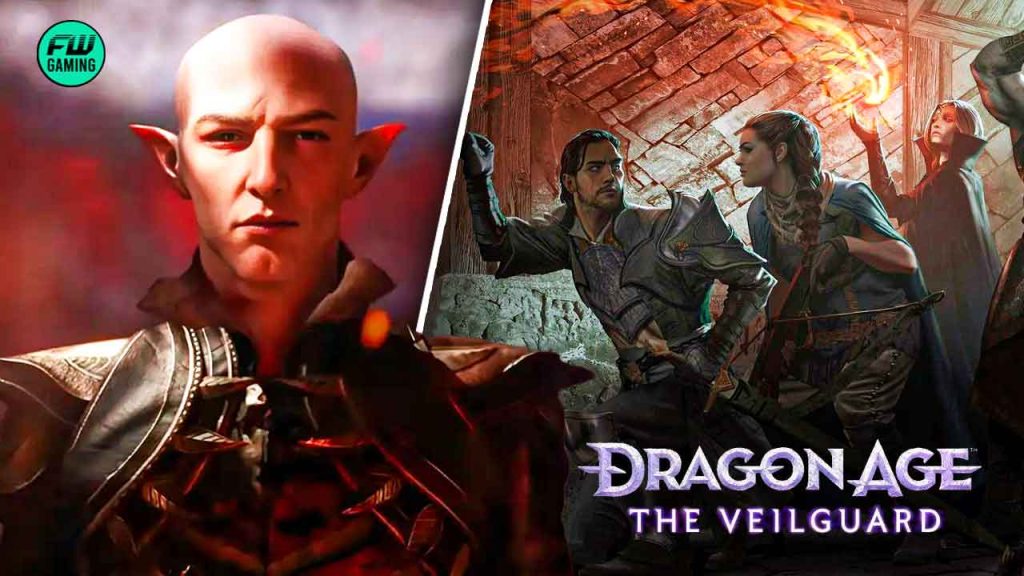Dragon Age: Origins took the RPG world by storm 15 years ago. It was the rightful heir to Baldur’s Gate, with its glorious return to classic RPG mechanics. Origins had a deep tactical combat system in which you control party members.
You needed to think your moves ahead for the better part of the battle against the Darkspawn and other enemies, unleashing destructive combos that turn enemies to dust.
Since Origins, the franchise has failed to continue on the tactical CRPG roots and given fans a more streamlined action RPG combat, similar to other games in the genre. Dragon Age II was the first to shift away and with The Veilguard on the horizon, it looks like the latest entry in the beloved franchise is a complete departure from its tactical roots.
Dragon Age: Origins Is One of the Greatest Moments in RPG History
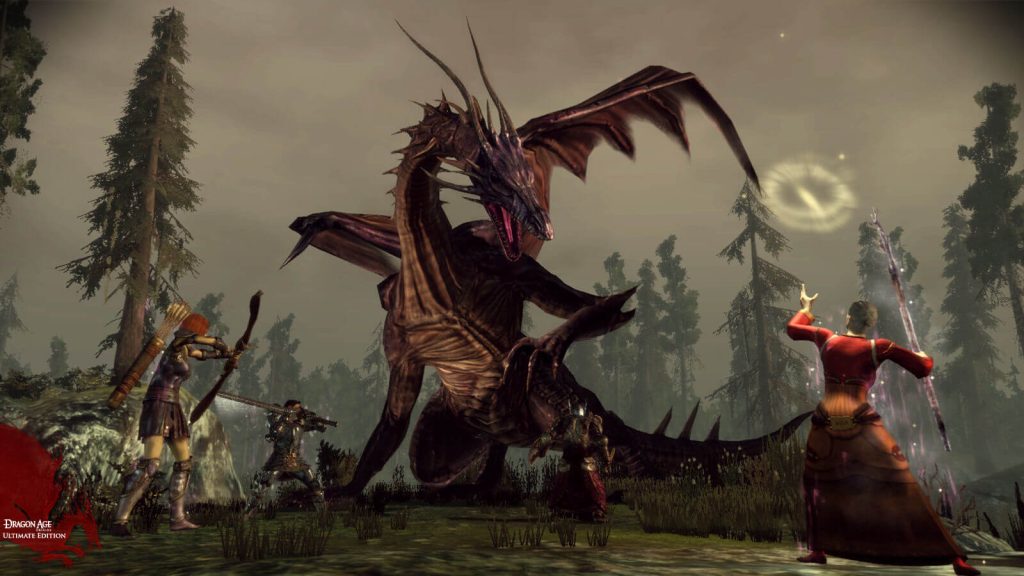
Before Origins sprawled onto the scene, there was a feeling that something was missing. And that something was the imagination of the story-driven high fantasy RPG that the game brought with itself.
BioWare already established itself with past Dungeons and Dragons and Star Wars games, and following the success of Baldur’s Gate and Never Winter Knights IPs it had, Bioware wanted a new IP full of high fantasy with the new franchise.
I can’t deny that I enjoyed the combat mechanics. It was a perfect mix of tabletop games like Dungeons and Dragons and RPGs of the era, read Mass Effect, made to appeal to veterans of the genre and newcomers.
And it did, at least for me. Up to three diverse party members that you control in every battle, both major or minor, meant that you could combine all their powers into one single devastating attack. That came in quite handy when battling a High Dragon or some other tough opponent.
Since that moment in the franchise, I haven’t seen anything similar, and The Veilguard promises no change on that matter.
The second installment demonstrated the way the franchise was heading to and I didn’t like it. I mean, why make Hawke a mage who wields the staff like it is a sword? I wasn’t a fan of that. While many might argue it streamlined the experience for newcomers, the tactical depth that made me fall in love with Origins felt like a distant memory.
BioWare traded that brilliance for button-mashing action. Yes, you still could control and give commands to your party members, but it wasn’t that important. This was done simply to get a wider audience, making it a compelling game for the fans of action-adventure titles that were on the rise during the era.
However, for veterans like me, who revel in the planning and brutal force demonstration, this change was a bitter pill to swallow.
This disconnect wasn’t just combat-based. The narrative of Origins is one of the greatest in RPGs ever, and though I didn’t expect Dragon Age II to beat that, nothing could erase the disappointment I felt when I realized that there just wasn’t that much about the game.
BioWare just dropped behind the magic formula that made Origins one of the greatest games in history.
The Upcoming Game Continues Dragon Age II Dread
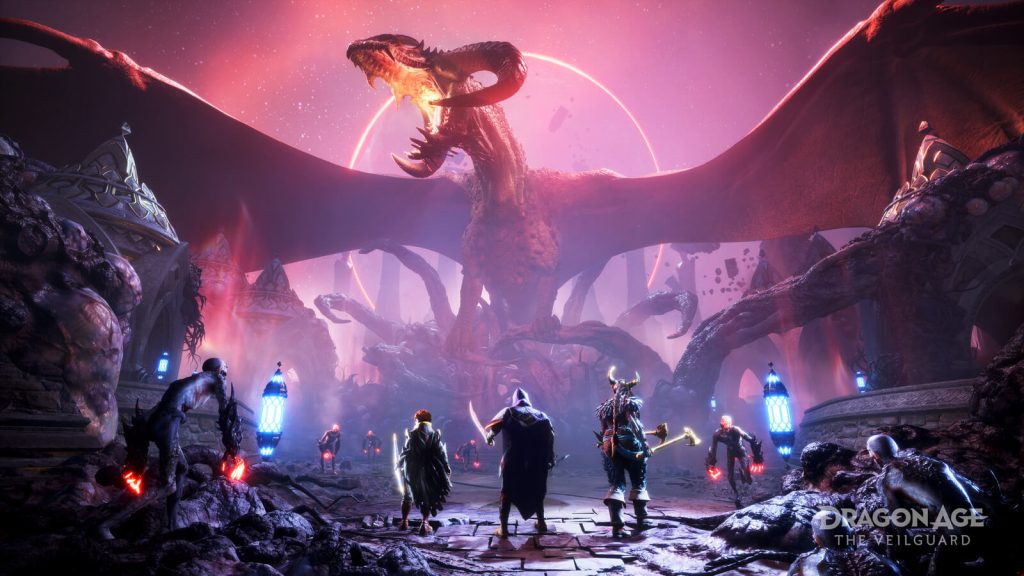
Ten years ago, BioWare released Inquisition. This was both a critical and commercial success. The vanilla action mechanics of Dragon Age II were still there, but the developer listened to fan feedback and made combat a tad more complex than what was seen in the previous game.
I liked the idea of switching between party members on the fly, while there was also an option to pause the game, enter a tactical view, and issue commands to your companions a la Origins.
This option got me through so many Large Bears in the Hinterlands, and I was just erasing Pride Demon after Pride Demon as I got full control of the party. You can experiment all you want, and give different commands, from following what I do to reviving a fallen party member.
Unfortunately, the upcoming game is ditching tactics and replacing them with sheer action combat.
The game will let you take two companions instead of three like in previous titles. That is not the worst part. According to the information, you won’t be able to control any of your companions. There will be an Ability Wheel through which you can make your companions use special powers, but that’s about it.
We are heading back to abysmally boring character moves from Dragon Age II, albeit with polished graphics that build upon the marvelous colors of the Inquisition. From what the gameplay trailer showed me, the upcoming title will be a nightmare to play.
While the combat does look flashy, those repetitive moves are what put me off, and when you combine that with uninspired enemy designs, including generic demons, I m not sure what BioWare had in mind when making it.
No story or atmospheric setting will replace that feeling from Origins or even Inquisition. The upcoming game will be the final nail in the coffin of a franchise that gave us the classic RPG we loved and adored 15 years ago.
Do you also miss the glory days of the franchise, or are you looking forward to the upcoming title? Let us know in the comments!

